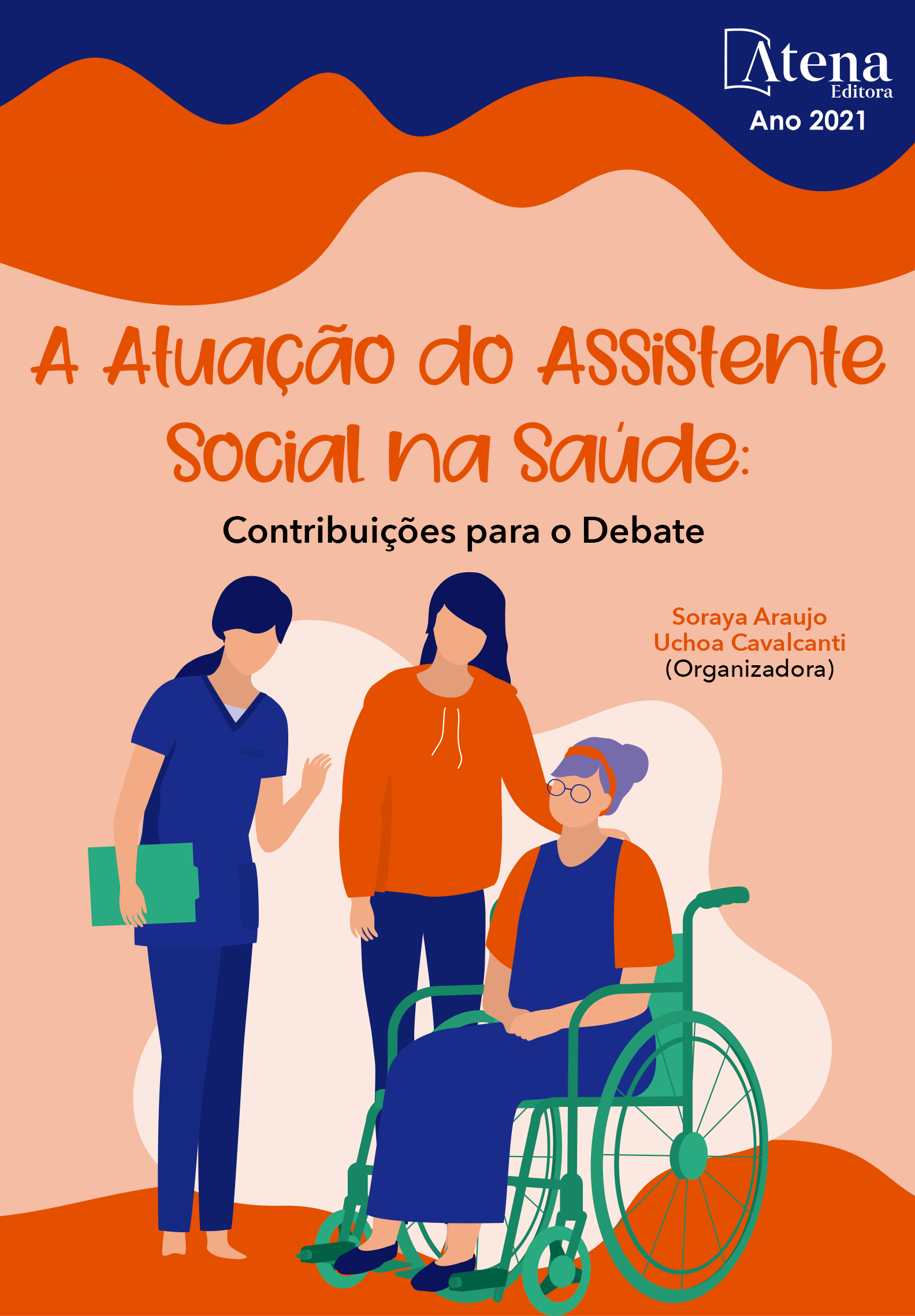
CRIANÇAS DO CÁRCERE: O DESENVOLVIMENTO INFANTIL INTRAMUROS
O cuidado à saúde da criança, por meio do acompanhamento do desenvolvimento infantil o mais precocemente possível, é fator primordial para a promoção à saúde, prevenção de agravos e a identificação de atrasos no desenvolvimento neuropsicomotor. Nos últimos anos a atenção à saúde de mulheres e crianças tem recebido relativo cuidado por parte do governo brasileiro, a exemplo da Rede Cegonha, que prevê atenção à saúde no pré-natal, parto, puerpério e acompanhamento pediátrico durante os primeiros dois anos da criança. Entretanto, necessário é garantir os mesmos cuidados para as crianças filhas das mulheres privadas de liberdade considerando as especificidades dessa parcela da população. METODOLOGIA: revisão de literatura realizada nas bases de dados Scielo e Lilacs utilizando os seguintes descritores: “saúde da criança” “sistema prisional”; “desenvolvimento infantil” “prisões”. RESULTADOS: Os estudos aqui analisados abordaram, sob diferentes ângulos, as repercussões do sistema prisional na saúde de crianças que vivenciam a experiência de coabitar com a mãe em alguma unidade prisional feminina brasileira. As consequências dessa vivência são negativas para o desenvolvimento - sobretudo emocional, psicológico e cognitivo - dessas crianças, principalmente aquelas que enfrentam a violação de seus direitos. CONCLUSÕES: fica evidente que as leis que pretendem garantir atenção integral às pessoas privadas de liberdade e, em especial, à mulher grávida ou puérpera, estão longe de efetivamente constituírem a proteção da saúde e da dignidade necessárias durante o processo de gestação e/ou pós-parto.
CRIANÇAS DO CÁRCERE: O DESENVOLVIMENTO INFANTIL INTRAMUROS
-
DOI: 10.22533/at.ed.1422126058
-
Palavras-chave: Direito à saúde. Maternidade. Saúde da criança. Prisões.
-
Keywords: Right to health. Maternity. Child health. Prisons.
-
Abstract:
Child health care, by monitoring child development as early as possible, is a key factor for health promotion, disease prevention and the identification of delays in neuropsychomotor development (BRASIL, 2016). In recent years, health care for women and children has received relative care from the Brazilian government, such as Rede Cegonha, which provides health care in prenatal care, childbirth, the puerperium and pediatric follow-up during the child's first two years. However, it is necessary to guarantee the same care for the children of women who are deprived of their liberty considering the specificities of this portion of the population. METHODOLOGY: literature review carried out in the Scielo and Lilacs databases using the following descriptors: "child health" "prison system"; “Child development” “prisons”. RESULTS: The studies analyzed here addressed, from different angles, the repercussions of the prison system on the health of children who experience the experience of cohabiting with their mother in some Brazilian female prison unit. The consequences of this experience are negative for the development - especially emotional, psychological and cognitive - of these children, especially those who face the violation of their rights. CONCLUSIONS: it is evident that the laws that intend to guarantee comprehensive care to persons deprived of their liberty and, in particular, to pregnant or postpartum women, are far from effectively constituting the protection of health and dignity necessary during the process of pregnancy and / or postpartum -birth.
-
Número de páginas: 10
- mário milcíades martins meira neto


